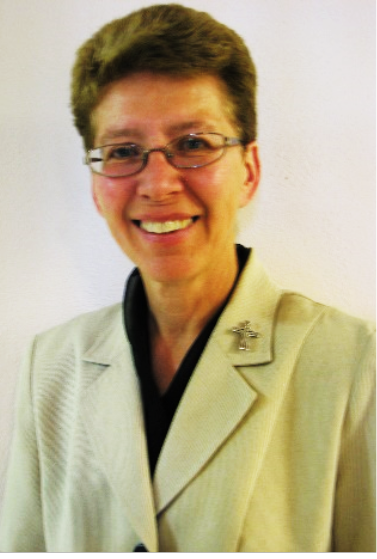- By Sr. Mary Valerie Schneider
In his book The Bible Makes Sense Walter Brueggemann writes: “Conversion, the decision to be God’s holy people, is the entry into alternative consciousness which distances itself from the ways of the culture in which it is placed.” Our American culture is quite individualistic—a Lone Ranger culture. Lent is a
- By Sr. Mary Valerie Schneider
The Book of Daniel and other Biblical books refer to God as a “great and awesome God,” who keeps his merciful covenant toward those who love him and observe his commandments. God has an enduring commitment to us, an obligation to us, and we to God. God and we are
- By Sr. Mary Valerie Schneider
Abraham Lincoln said: “The best thing about the future is that it comes only one day at a time.” Ask me to give up sweets for 40 days, and I’ll say “Forget it.” But Lent is only one day at a time. Maybe we can give up sweets—or bad habits
- By Sr. Mary Valerie Schneider
We Christians enter into Lent knowing the three basics: pray, fast, give alms. Other religions know the importance of these three also. The Koran, for example, states “Prayer carries us half way to God, fasting brings us to the door of His palace, and alms-giving procures us admission.” Why do
- By Sr. Mary Valerie Schneider
Albert Einstein said: “There are only two ways to live your life. One is as though nothing is a miracle. The other is as though everything is a miracle.” Which way describes your life? We may have been asked, “Have you ever had a miracle?” and our response might have
- By Sr. Mary Valerie Schneider
Sub-zero temperatures have frosted my bedroom window with an exquisite collage. With little imagination I see a cactus, mountain, waterfall, leaves. “Imagination is more important than knowledge” claims Albert Einstein. Could a scientist explain how the ice picture was formed—I mean, really? Or would it take a poet? Who could
- By Sr. Mary Valerie Schneider
Throughout this week of Christian Unity we pray that all denominations will be one. But unity is needed within the Church, too. In particular, let us pray for and reach out to the “nones.” Perhaps those who identify themselves as “no religion” could have their interest piqued. Take a chance
- By Sr. Mary Valerie Schneider
William McNamara, OCD wrote: “To be unique is not a matter of peculiar differences but of outstanding fidelity . . . fidelity to myself and the God who calls me to become more and more gracefully myself, my very best self, not in isolation but in communion with the whole
- By Sr. Mary Valerie Schneider
January 9 is the birthday of our foundress Sister Maria Aloysia Wolbring. The birthday of our co-foundress Sister Maria Ignatia is the following day. Their charism that began the Sisters of Notre Dame in 1850 is one of trust in God’s provident love and goodness Consecrated religious life is in
- By Sr. Mary Valerie Schneider
Popular yard signs and hash tags tell us that Black Lives Matter, Women Matter, You Matter. I’ve never seen a yard sign “God-matter.” Yet the outdoor Christmas decorations that are starting to disappear are signs of “God-matter.” The Logos, the Word of God, took on a body. God and matter





